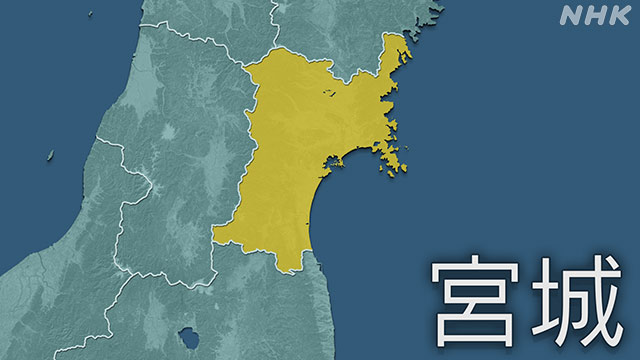Sendai City has examined some of the specimens that have been confirmed to be infected with the new coronavirus since February, and found that 80% were mutant viruses called "E484K".
According to Sendai City, the National Institute of Infectious Diseases examined 208 specimens, some of which were confirmed to be infected between February and 25 last month, and found 80 mutant viruses called "E484K". It means that 167 cases, which corresponds to%, were confirmed.
"E484K" is thought to have the property of escaping from antibody attacks, and it has been pointed out that the vaccine may become less effective and that it may become easier to re-infect.
On the other hand, no changes have been reported so far, such as significantly increased infectivity or increased symptoms.
The mayor of Sendai City reported this to the city council, saying, "How to deal with the E484K mutant is a challenge we are facing now, but it is all about implementing basic preventive measures." Said.
Infectious disease control expert "need to continue investigating"
Mitsuo Kaku, a specially appointed professor at Tohoku Medical and Pharmaceutical University, who is familiar with infectious disease control, said, "It may have been one of the factors behind the spread of infection in Miyagi Prefecture, but it seems that" E484K "has no effect on the vaccine so far. I think that it is not clear yet, so we need to continue to investigate. "
According to Professor Kaku, as a tendency of mutant viruses confirmed so far, the proportion of mutation "N501Y", which is said to increase infectivity in Kansai such as Osaka, is high, and the proportion of "E484K" is high in eastern Japan such as Tokyo. It means that there are many.

